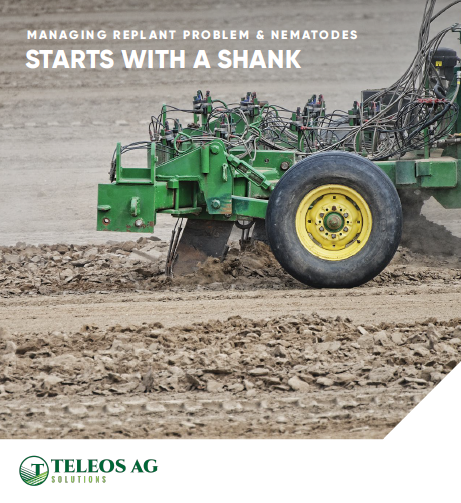Take Your Farm’s Story Public
Growers who want to market their farm to the local community certainly have a wide range of options. But what if you want to showcase the “story” of your farm, or educate someone before they even make a personal visit?
Joan Donaldson, who grows about 40 acres of organic blueberries with her husband John VanVoorhees at Pleasant Hill Farm in Fennville, MI, may have a good solution.
Donaldson has been an avid listener of National Public Radio (NPR) for many years. “My favorite moments are listening to the personal essays that tell a story about a family, an experience, or some other window into a different world view.” In addition, for the past 15 years, she has written personal essays for The Christian Science Monitor, so she thought that her work might appeal to the average NPR listener.
Joan and John are both Irish musicians and were playing at a local session with other musicians when she ran into a flute player who worked for the local station WMUK as the classical music programmer. She pitched her idea and ended up meeting with the main news director at the station. He liked her writing, but wanted her to format it as “audio postcards.” She listened to several sample postcards, then wrote one of her own that was approved by the station.
“I had thought I would merely read my essays like some of the other writers,” says Donaldson. But the news director trained her to think in terms of sounds, in particular the sounds that a farmer hears while executing a job. “Most of us don’t even think about the rumble of a tractor, the snip of pruners, or the thumping of peaches when we thin a tree.”
The Farming Experience
For Donaldson, it wasn’t just about getting people to come to the farm; it was also about educating them on the farming experience. “Because we offer U-pick blueberries, people constantly ask me questions, sometimes about organic practices, but often about general farm topics,” says Donaldson. “For example, someone asked me if I planted blueberry bushes every year, as if blueberries were a row crop like corn or soybeans. His question sparked a feature I wrote this spring about planting a new peach orchard, and how a fruit farmer invests in more permanent crops.”
Donaldson says her main goal is to educate people because, “from my experiences, most folks are so far removed from farming, especially fruit farming, that they have no idea what we do. In the past few years, I have witnessed an awakening that people long to understand our work and want to culture a relationship with farmers and their farms. I was blessed to be in the right situation at the right time with the right skills.”
Donaldson hopes her approach, among others, can help bridge this gap between farm and fork. “I sense that people long to feel that they belong to our farming experience. More and more, when people open their car doors, they want to introduce their families, ask questions about my family, and then say something like: ‘I’ve never picked blueberries before, what do I do?'”
She says hospitality is important, and making people feel welcome so that picking fruit feels more like going on a picnic. For example, every year her husband plants several acres of wildflowers. “We began this practice when our sons kept bees, but now we plant flowers to offer something beautiful for visitors to look at,” she says. “All during the season, people comment on the flowers, and many times another family shows up the next day and says that their friends had such a great time on our farm, that now they wanted to come and pick fruit.”
In the long run, Donaldson also hopes that her writing provides a similar window into a world that people want to explore. “Every farm and farmer has a story that someone will be interested in and will help them understand how we offer food for their table.”
Five Things You Need To Know
Does working with your local NPR station sound like a good option for you? If so, here are five pieces of advice from Donaldson to help you get started:
1. Think about unique experiences. Stop and ponder what situations you could write about. Farmers tend to be so involved in the process that they don’t step back and look at it from an outsider’s point of view.
2. Sound is critical. “If you can identify several sounds, then you have a subject fit for radio.”
3. Promote something newsworthy. If your farm is hosting a special event, or you’ve planted a new crop such as pawpaws or chestnuts, a radio station might see that as an interesting feature.
4. Be patient. If a radio station is not interested at first, write a piece and send it to a local paper. “My work with an international newspaper helped open the door to write for WMUK, but ultimately, I had to fit my features into what the director envisioned.”
5. Take a chance. You don’t know when a door may open, so it never hurts to approach your local station or the closest NPR affiliate. “I think NPR affiliates are more interested in these sorts of stories because they tend to wander off the mainstream news.”
Stories In Print
Joan Donaldson of Pleasant Hill Farm in Fennville, MI, has told her farming stories not just on the radio, but in print as well. WestBow Press recently published her collection of farm essays, “Wedded To The Land: Stories From A Simple Life On An Organic Fruit Farm.” The book is available from most major retailers, including Amazon.com, in hardcover, paperback, and as an ebook. It can also be ordered
through local independent bookstores.










